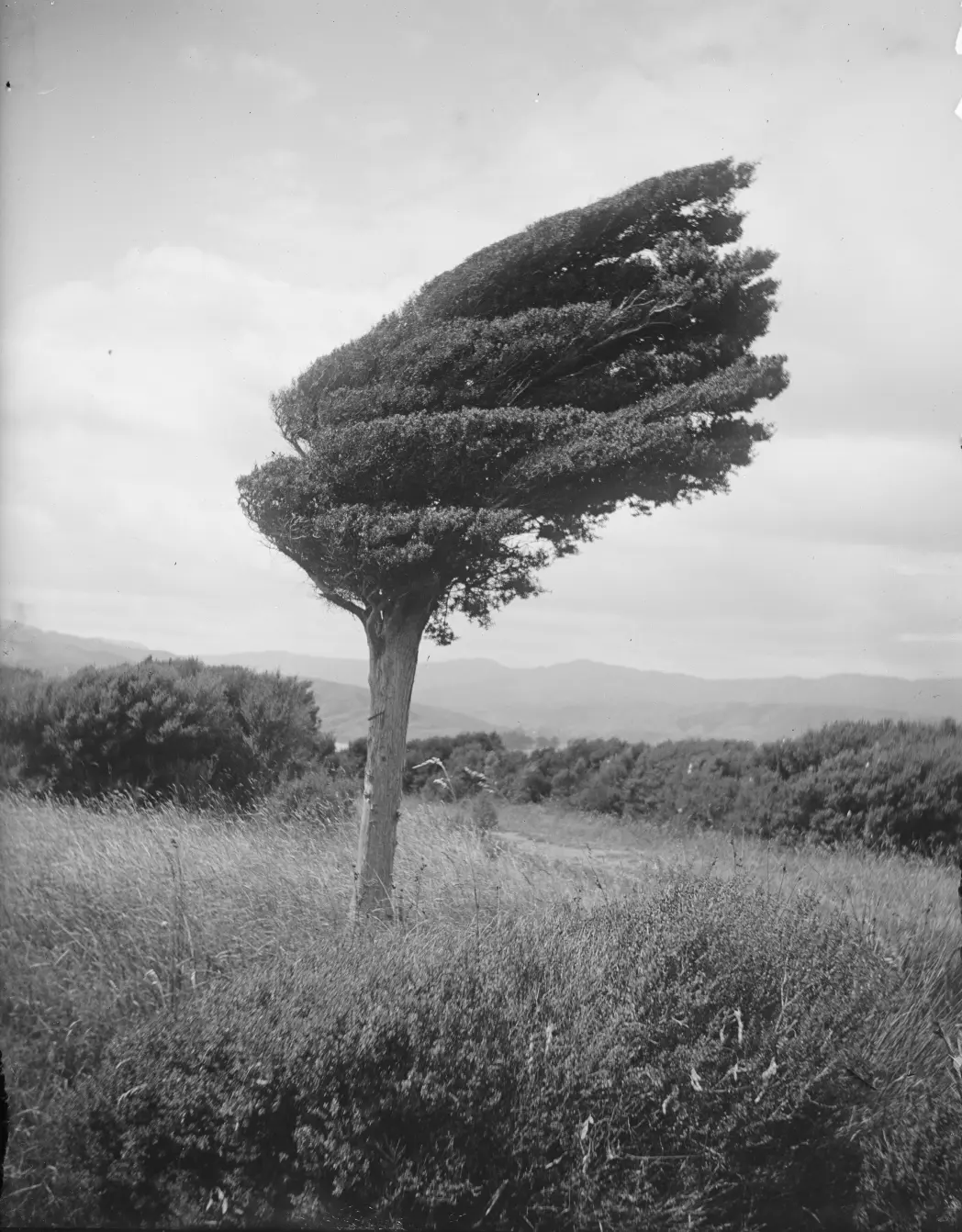
La page est introuvable
La page que vous recherchez n’existe pas, ou elle a été déplacée. Veuillez essayer de faire une recherche à l’aide du formulaire ci-dessous.

La page que vous recherchez n’existe pas, ou elle a été déplacée. Veuillez essayer de faire une recherche à l’aide du formulaire ci-dessous.